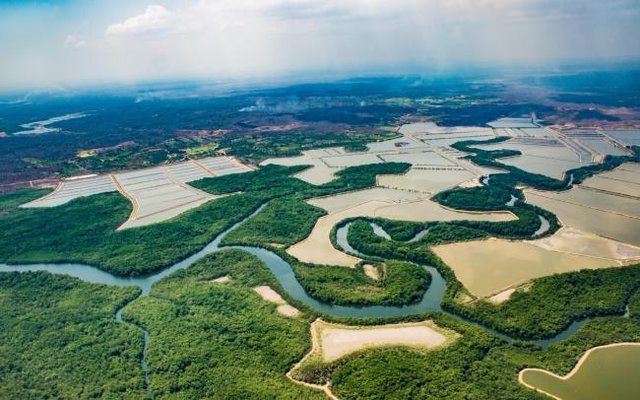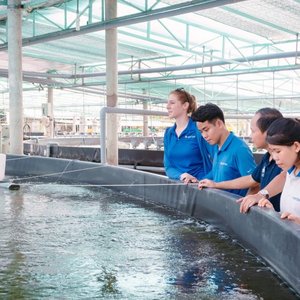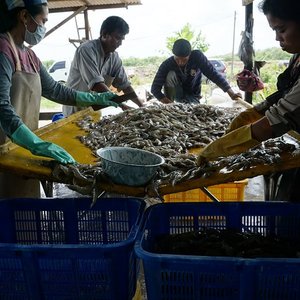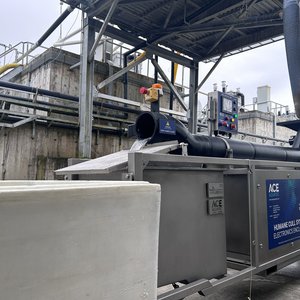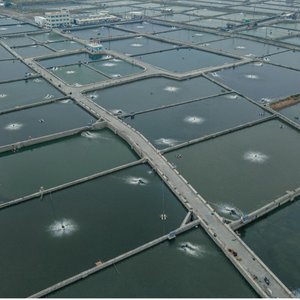The benefits of mangrove forests are increasingly well known, but numerous efforts to protect them have met with limited success. Now a pioneering fund is taking a novel approach by providing economic incentives to local communities in Ecuador in exchange for conserving mangrove forests in a bid to reverse decades of destruction of these vital habitats.
The Coastal Habitat Stewardship Fund is a partnership with the Aquaculture Stewardship Council (ASC), the international NGO Conservation International and the Ecuadorian government’s Ministry of Environment, Water and Ecological Transition. It is a first for any aquaculture certification body and marks a new chapter in the development of ASC’s engagement in proactive environmental projects which will complement and run alongside its certification work.
Socio Manglar, a conservation incentives program implemented by Ecuador’s government, will oversee the fund’s work through financial support to local groups working to enhance mangrove health. Local associations are given regular economic incentives as well as access to mangrove areas in return for voluntarily committing to Sustainable Use and Stewardship Agreements to protect and maintain mangrove areas.
Mangroves face threats from multiple human activities and industries. Of these, the clearance of forests for shrimp farming is perhaps the most well-known, though other activities are equally significant such as their use for fuel, construction material and land clearance to make way for hotel development and other tourism activities. Often such activities can further marginalize communities historically dependent on mangroves for their livelihoods.
In many cases, the underlying cause is a lack of economic alternatives for local communities, which this new fund aims to tackle. The fund has been set up as a trust, with further fundraising anticipated, with the intention of support Socio Manglar’s work indefinitely.
Chris Ninnes, ASC CEO, said that “ASC has a long-standing commitment to the protection of mangrove forests through the stringent requirements in our Shrimp Standard which prohibits deforestation. We are dedicated to ensuring that shrimp farming is done responsibly and in a manner that conserves blue carbon ecosystems and supports the communities dependent on them. As the leading certification program for environmentally and socially responsible farmed seafood, we think it is our responsibility to now extend our work to areas complimentary to farm certification and this is the first in a number of projects we will undertake to do so.”
The program includes education and resources for local residents and numerous industries, including those that farm both the land and the coastal waters, on the importance of conserving mangrove forests. Currently, there are 30 ASC-certified shrimp farms in Ecuador, all of which have committed to protecting the local ecosystem as a condition of achieving certification.
Shrimp farming is not solely responsible for the loss of mangrove forests, but poor aquaculture practices can contribute to their depletion. The ASC Shrimp Standard bars farms established after 1999 from achieving certification if mangroves were destroyed as a result of their siting and, in some cases, requires the replanting of previously destroyed forests by farms in operations before 1999 as a condition of certification. However, ASC is the only certification scheme that has gone beyond farm-level improvements to safeguard the world’s remaining mangroves.


